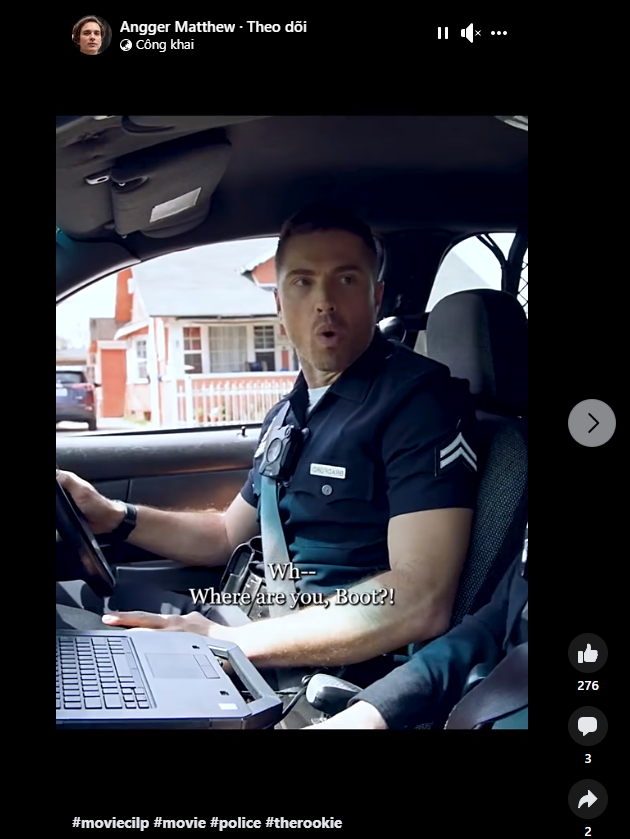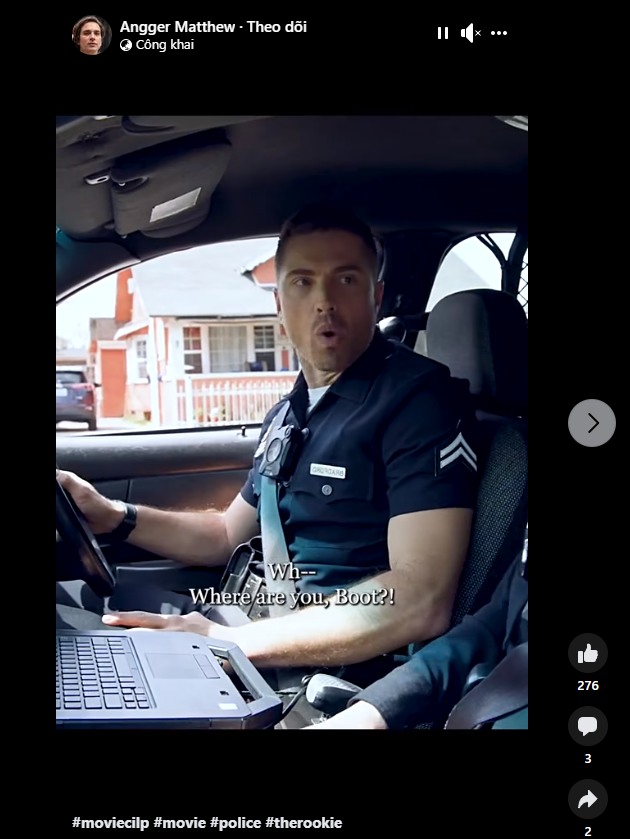In various domains, alert systems are designed to notify individuals or teams about critical events or situations that require their attention and action. These alerts serve as triggers for possible tasks and actions, often involving swift and well-coordinated responses. Here, we explore scenarios in which alert-driven situations can lead to specific tasks and actions.

-
Emergency Response: In the context of emergency services, an alert about a building fire requires firefighters to swiftly gear up, assemble at the scene, and tackle the blaze. Their tasks include assessing the situation, rescuing occupants, and extinguishing the fire.

-
Healthcare: In a hospital, an alert from a patient’s monitoring system indicating a sudden drop in vital signs necessitates immediate action by medical staff. Tasks may include rushing to the patient’s room, administering life-saving interventions, and notifying relevant specialists.

-
IT Security: In the realm of cybersecurity, an alert indicating a potential breach or a suspicious network activity prompts IT professionals to investigate. Their tasks involve identifying the source of the alert, mitigating the threat, and strengthening the network’s defenses.

-
Environmental Monitoring: For environmental agencies, alerts about natural disasters like earthquakes or tsunamis set in motion a series of tasks. These include issuing warnings to the public, coordinating evacuations, and assessing damage afterward.
-
Supply Chain Management: In logistics, an alert regarding a shipment delay or disruption prompts supply chain managers to adjust routes, find alternative suppliers, and communicate with customers to manage expectations.
-
Financial Markets: Traders in financial markets rely on alerts to make timely decisions. An alert about a significant market movement may trigger tasks such as buying or selling assets, adjusting portfolios, or hedging risks.
-
Manufacturing: In manufacturing, an alert indicating a machinery malfunction leads to tasks like halting production, scheduling repairs, and ensuring minimal downtime to meet production targets.
-
Aviation: In aviation, alerts regarding weather changes, technical issues, or air traffic require pilots and air traffic controllers to collaborate on tasks like rerouting flights, ensuring passenger safety, and maintaining efficient air travel.
In each of these scenarios, alerts play a critical role in initiating tasks and actions. The efficiency and effectiveness of the response often hinge on how well individuals or teams are prepared to handle the situations triggered by these alerts.
https://www.facebook.com/reel/257153517156719

